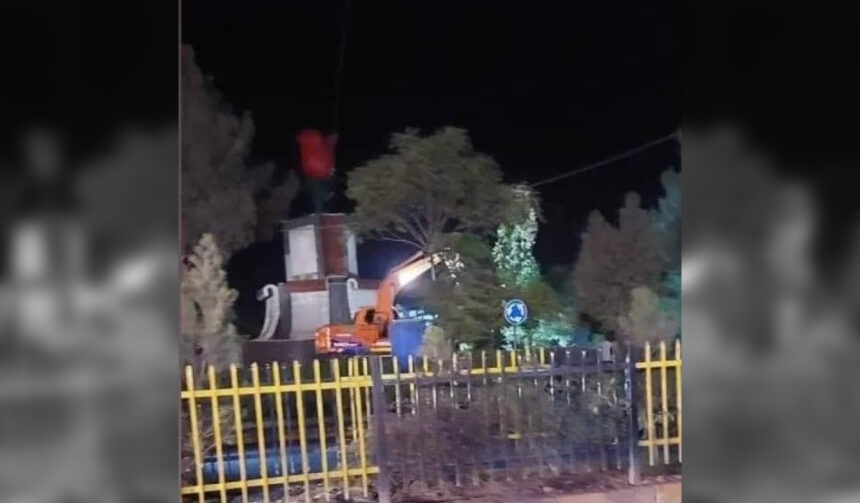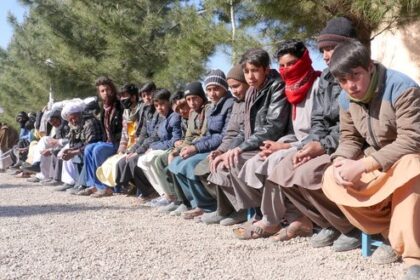RASC News Agency: A number of Afghanistani politicians have voiced their strong opposition to the Taliban’s demolition of Abdul Ali Mazari Square in western Kabul. Ahmad Massoud, leader of the National Resistance Front, emphasized that “martyrs are not mere gravestones or monuments that can be erased through destruction.”
In a statement on X, Massoud underscored that iconic figures such as Burhanuddin Rabbani, Ahmad Shah Massoud, and Abdul Ali Mazari have earned their place in the hearts of the people due to their unwavering fight for freedom and justice. On Saturday night, the Taliban’s municipal authorities destroyed the Abdul Ali Mazari Square, a memorial dedicated to the late leader of the Islamic Unity Party of Afghanistan in western Kabul. Mazari, a leading figure of Afghanistan’s Hazara community, was brutally murdered by the Taliban. In his response to this act, Massoud declared: “The martyrs of the cause for justice and freedom, like the martyred professor, the national hero, and martyr Mazari, are not mere headstones or monuments that can vanish through destruction.”
This is not the first instance of the Taliban targeting Mazari’s legacy. During their initial regime, they desecrated his tomb in Mazar-i-Sharif, and upon returning to power, they blew up his statue in Bamiyan. Earlier, the Taliban also defaced the tomb of Ahmad Shah Massoud, Afghanistan’s national hero and one of the most significant Tajik military leaders, in Panjshir, where their fighters were seen dancing on his grave.
In the past three years, the Taliban have starkly demonstrated their deep-seated ethnic, linguistic, and regional prejudices. Despite presenting themselves as devout Muslims, their actions reflect an entrenched ethnocentrism and sectarianism.






